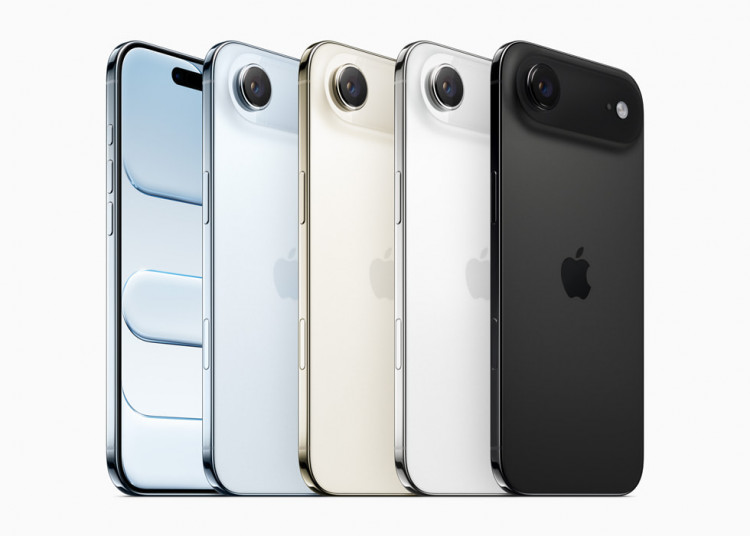Apple Inc. is sharply reducing production orders for its new iPhone Air after weeks of sluggish global demand, bringing manufacturing volumes close to "end-of-production" levels typically seen when a model is being phased out, according to Nikkei Asia.
The move, which comes less than two months after the ultra-thin smartphone's launch, underscores how the company's newest design has failed to resonate with consumers in key markets outside China. "The total forecast has almost entered end-of-production mode, dropping significantly compared to earlier projections, to only about 10% fewer orders compared with September starting in November," one component supplier manager told Nikkei Asia.
While Apple initially anticipated strong sales momentum for the iPhone Air-particularly after an encouraging debut in China-demand in other major markets has been unexpectedly soft. Delivery times for the model have remained unchanged since launch, a signal analysts often interpret as weak consumer appetite.
Morgan Stanley and Counterpoint Research had previously highlighted that Apple was boosting production for the iPhone 17 and iPhone 17 Pro Max, but not for the iPhone Air. The latest data confirms that production orders for the Air have now been cut drastically, even as Apple's broader iPhone lineup remains resilient.
According to Nikkei Asia, Apple has increased orders for its standard iPhone 17 model by roughly 5 million units and added new production runs for the high-end iPhone 17 Pro. The company continues to project total shipments of 85-90 million iPhones across its latest series this year, a figure that remains in line with earlier forecasts.
"It's already a big relief, as most of us in the electronics supply chain are worried about globally weak macroeconomic conditions and the volatile tariff environment," a supply chain executive told Nikkei. "Apple has even asked us to prepare some additional components in case demand exceeds expectations."
Industry watchers say Apple's predicament with the iPhone Air mirrors earlier struggles with niche models such as the iPhone mini and iPhone Plus. Like those devices, the Air has been praised for its sleek design but criticized for compromises in battery life and camera capabilities. Analysts suggest consumers appear unwilling to pay a premium for a thinner phone with fewer standout features.





